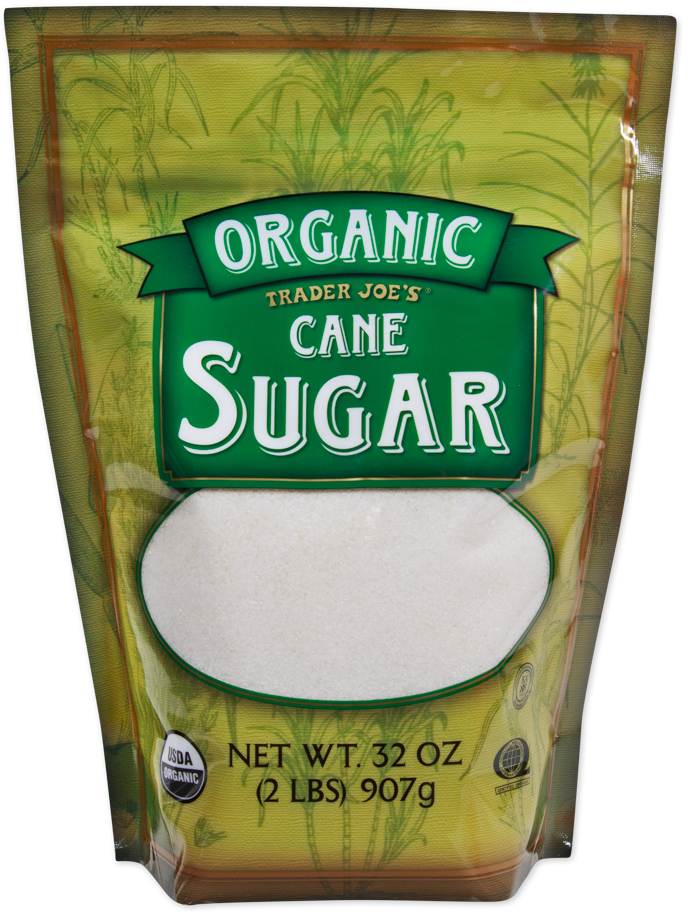Cane Sugar Processing Explained: What Takes Place Inside a Sugar Mill
Cane Sugar Processing Explained: What Takes Place Inside a Sugar Mill
Blog Article
A Detailed Introduction of the Wellness and Economic Ramifications of Walking Stick Sugar Processing on Neighborhood Communities
Walking stick sugar processing plays a critical role in forming the financial landscape of regional communities, offering job opportunity and boosting ancillary sectors. Nonetheless, the health implications connected with high sugar intake can not be neglected, as they add to increasing rates of excessive weight and diabetic issues. This nuanced vibrant welcomes a vital assessment of exactly how areas can optimize financial gains while addressing the pushing wellness difficulties they deal with. The exploration of educational campaigns and lasting practices might just hold the trick to fixing up these conflicting interests. What methods might areas implement to attain this balance?
Economic Advantages of Cane Sugar Handling
Cane sugar handling offers substantial economic advantages that expand beyond the instant farming field. The cultivation and handling of sugarcane produce numerous job chances, from farming to manufacturing and distribution. This employment generation not only supports local economic climates yet also cultivates community development by giving secure earnings sources for households.
Furthermore, the sugar sector promotes ancillary organizations, consisting of transportation, devices supply, and packaging services (Cane Sugar Processing). As these industries expand, they add to an extra robust financial structure, boosting total area resilience. The export possibility of processed cane sugar better enhances financial benefits, placing regions as competitive gamers in worldwide markets
Investment in contemporary processing facilities can lead to enhanced productivity and performance, thus minimizing waste and maximizing source use. This change not only benefits the regional economy yet likewise supports sustainability efforts by decreasing ecological effects.
Moreover, the revenue created from cane sugar handling can be reinvested in regional infrastructure, education and learning, and healthcare, promoting alternative area development. Generally, the economic advantages of cane sugar processing are complex, giving a structure for withstanding success in farming areas.
Wellness Risks Linked With Sugar Usage
Extreme sugar consumption poses considerable health and wellness dangers that warrant severe focus. High consumption of sugarcoated, specifically from processed drinks and foods, has been linked to many health difficulties. Among one of the most pressing worries is weight problems, as sweet diets add to an enhanced caloric consumption without giving vital nutrients. This extra can result in metabolic problems, consisting of type 2 diabetes, which has actually come to be significantly widespread in both grownups and children - Cane Sugar Processing.
In addition, high sugar consumption is connected with heart disease. Raised blood glucose levels can cause insulin resistance, a forerunner to numerous heart-related problems. In addition, sugar can have destructive results on dental health and wellness, causing cavities and periodontal illness, as microorganisms in the mouth grow on sugar, producing acids that erode tooth enamel.
Furthermore, arising research recommends a possible link in between high sugar consumption and mental health problems, such as depression and anxiety. As communities face these health risks, it ends up being necessary to advertise recognition and motivate much healthier nutritional selections. Attending to sugar intake is essential not only for individual wellness however additionally for the overall health of neighborhood communities, highlighting the requirement for extensive public health and wellness methods.
Ecological Influences of Sugar Manufacturing
Regularly overlooked in discussions regarding sugar's ramifications is the considerable ecological effect of sugar production. The growing of sugarcane usually demands extensive land use, leading to deforestation, loss of biodiversity, and interruption of local ecological communities. The conversion of forests and marshes into sugar plantations can lead to environment damage, harmful many varieties and modifying ecological balance.
Moreover, sugar manufacturing is resource-intensive, consuming substantial amounts of water for irrigation. This can result in exhaustion of regional water sources, negatively impacting both agricultural techniques and area accessibility to clean water. Furthermore, using chemical fertilizers and chemicals in sugarcane farming can add to soil degradation and water contamination, as drainage from these chemicals gets in neighboring rivers and lakes, affecting water life and human health.
The ecological footprint encompasses the handling stage, where energy intake and waste generation further exacerbate eco-friendly issues. Air contamination from shedding sugarcane areas, together with greenhouse gas exhausts, add to environment change. As such, the ecological ramifications of sugar production warrant severe factor to consider, prompting stakeholders to take on even more lasting methods to minimize these negative impacts on regional communities and neighborhoods.
Work Development and Community Advancement
The ecological obstacles presented by sugar production are typically reversed by its possibility for economic advantages, especially in task creation and neighborhood growth. The walking stick sugar sector functions as a significant resource of work in lots of backwoods, offering work across different skill degrees, from agricultural labor to processing and distribution duties. This work not just supports specific families but additionally adds to the total financial vitality of regional communities.
Furthermore, the establishment of sugar processing centers boosts secondary companies, such as transport solutions, equipment supply, go to this site and maintenance providers. As these businesses thrive, they create additional work and bolster regional economic situations. The revenue produced from the sugar sector also results in enhanced tax obligation revenues, which can be reinvested right into neighborhood services such as healthcare, framework, and education development.
Additionally, the sugar market usually participates in neighborhood development campaigns, such as supporting local institutions and health programs, thereby enhancing the top quality of life for locals. By fostering strong neighborhood ties and promoting economic development, the cane sugar handling market plays a vital role in uplifting local populaces, making it a vital component of sustainable growth techniques in sugar-producing areas.
Harmonizing Wellness and Economic Growth
In navigating the intricacies of cane sugar processing, an essential challenge exists in stabilizing wellness considerations with economic growth. The sugar market substantially adds to neighborhood economies by creating tasks, stimulating relevant markets, and increasing tax revenues. However, the wellness implications connected with extreme sugar usage can bring about chronic conditions such as obesity, diabetes mellitus, and cardiovascular issues, which can concern public health systems and lessen workforce performance.

Additionally, governing frameworks can play a crucial duty in directing sector methods towards even more health-conscious and sustainable methods. By fostering partnership in between government bodies, wellness organizations, and the sugar sector, areas can browse the dichotomy of health and wellness and financial growth, guaranteeing that the advantages of cane sugar processing are equitably shared while focusing on public health and wellness.
Verdict
To conclude, the processing of cane sugar provides both significant financial benefits and noteworthy wellness dangers for neighborhood communities. While it cultivates task development and promotes regional advancement, the connected health issues, specifically regarding obesity and diabetic issues, necessitate a cautious balancing act. By advertising liable intake and investing in neighborhood education and learning and lasting techniques, it is possible to maximize economic advantages while minimizing adverse health results, look at this web-site therefore making sure a much healthier future for regional populaces.
Furthermore, sugar can have destructive effects on dental wellness, resulting in tooth cavities and gum disease, as microorganisms in the mouth prosper on sugar, producing acids that erode tooth enamel.
Dealing with sugar usage is crucial not just for individual health and wellness however additionally for the total wellness of local areas, stressing the requirement for thorough public health and wellness methods.
Often neglected in discussions regarding sugar's ramifications is the substantial environmental impact of sugar manufacturing. The health effects linked with extreme sugar intake can lead to persistent conditions such as obesity, diabetes mellitus, and cardio concerns, which can burden public health and wellness systems and decrease anonymous labor force efficiency.

Report this page